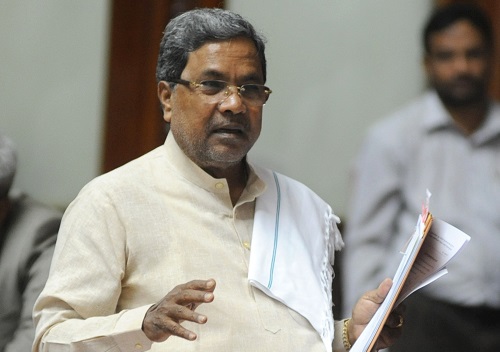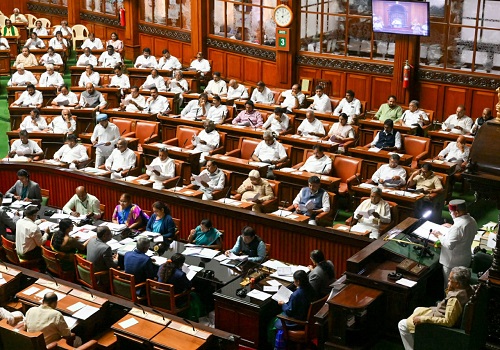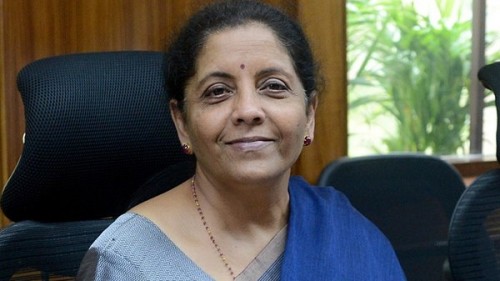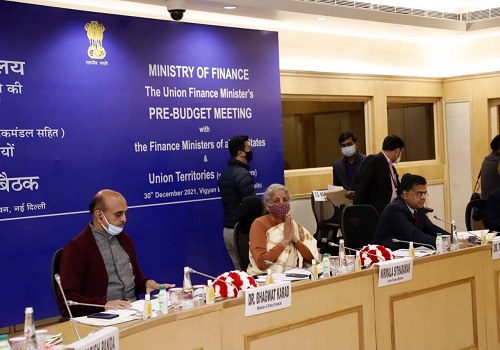Budget to announce policy on PSU privatisation
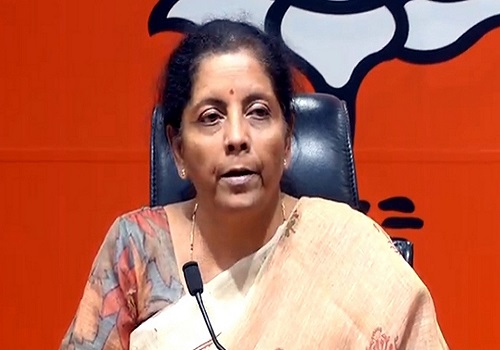
Follow us Now on Telegram ! Get daily 10 - 12 important updates on Business, Finance and Investment. Join our Telegram Channel
The Union Budget 2021-22 may come out with a policy on privatisation of public sector enterprises detailing the scope of its PSU sell off programme highlighted as part of Atmanirbhar package last year.
As part of the four part Atmanirbhar Bharat Package announced by the government last year to bring the economy affected by the Covid-19 pandemic back on track, Finance Minister Nirmala Sitharaman had announced that a new policy on PSU privatisation will be announced whereby a list of strategic sectors requiring presence of PSEs in public interest will be notified.
The contours of the proposed policy highlighted by the Finance Minister then included presence of at least one enterprise in public sector space in the strategic list but with presence of private sector as well. Also, to minimise the wasteful administrative costs, Sitharaman had said that the number of enterprises in strategic sectors will ordinarily be only one to four while others will be privatised/merged/brought under holding companies.
Barring, strategic sectors, all other PSEs will be privatised over time depending on conditions that favour such a move.
Sources said that the policy highlighted at the time of Atmanirbhar Bharat announcements has now been approved by the Union Cabinet and may form a part of the Budget announcements to be made by the Finance Minister on February 1.
The PSU privatisation policy would take off from the draft of the policy floated by the Department of Investment and Public Asset Management (DIPAM) that classified around 18 sectors as strategic, including power, fertilisers, telecom, defence, banking, and insurance.
The draft had divided 18 strategic sectors into three broad segments -- mining and exploration, manufacturing, processing and generation, and the services sector.
In the mining and exploration segment, the government will retain limited presence in areas such as coal, crude oil and gas, and minerals and metals. In manufacturing, the limited presence would be maintained in defence equipment, steel, petroleum (refinery and marketing), fertilisers, power generation, atomic energy and ship building.
Similarly, in services sector, only in power transmission, space, development and operation of airports, ports, highways and warehouses and gas transportation and logistics (not including gas and petro-chemicals trading), contract and construction and technical consultancy services related to strategic sectors and subsectors, financial services for infrastructure, export credit guarantee, energy and housing sectors, telecommunications and IT, banking and insurance, limited government presence would be maintained.
The new privatisation policy would give levels to which government holding could be brought down in specific sectors and whether progression on sell off could be made at one go or in phases. It will also evolve a roadmap for further consolidation and privatisation of public sector banks as even after the merger of 10 state-owned banks into four last year, and the mergers in 2017 and 2018, there are still 12 state-owned banks in India.












 320-x-100_uti_gold.jpg" alt="Advertisement">
320-x-100_uti_gold.jpg" alt="Advertisement">






